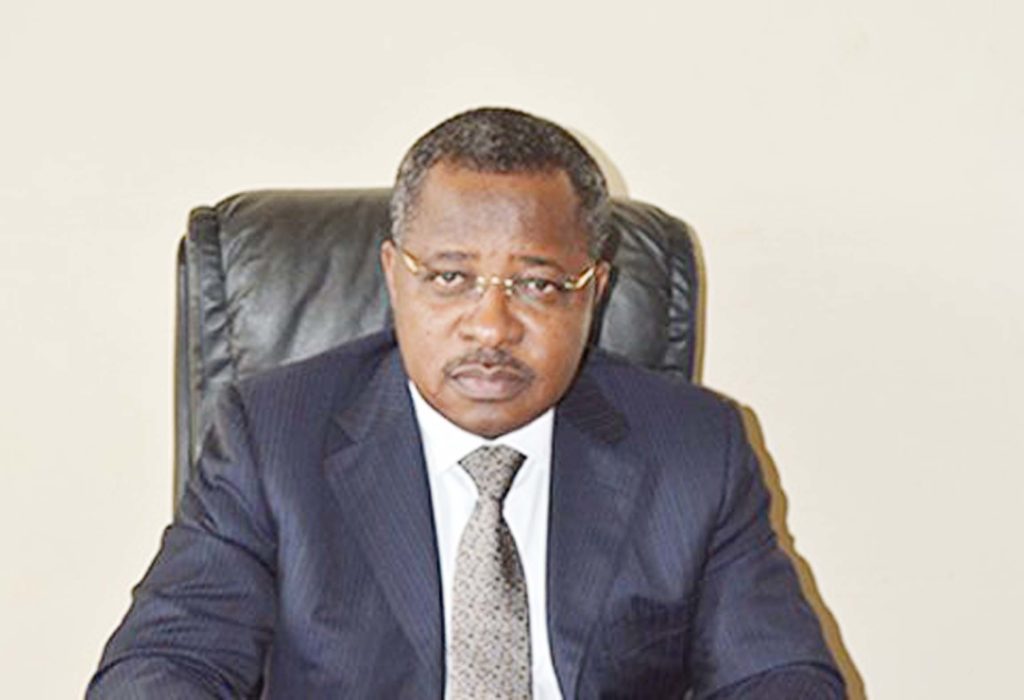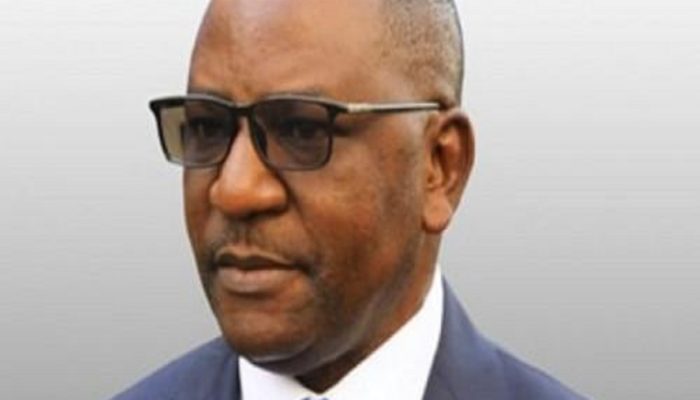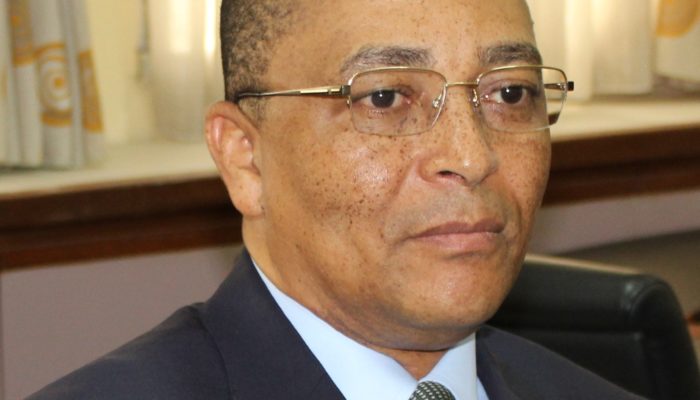The Cameroonian banking sector is in turmoil. In a confidential letter addressed to the Minister of Finance, a copy of which was obtained by CEMAC ECO FINANCE , the Banking Commission of Central Africa (COBAC) is raising the alarm about the “high risks of crisis” caused by the actions of the Caisse des Dépôts et Consignations du Cameroun (CDEC).
According to the letter, dated late October 2025, the CDEC has, for several months, filed numerous legal complaints for “embezzlement of public funds” against banking executives, initiated seizures of bank assets worth several billion CFA francs, and sent “threatening” letters to the parent companies of international institutions. These initiatives, according to the CDEC, aim to secure the transfer of unclaimed bank assets—particularly inactive accounts.

The COBAC denounces these actions as “likely to undermine public confidence” and points out that the issue is already addressed within a community framework. Indeed, the Ministerial Committee of the UMAC adopted two CEMAC regulations on July 12, 2025, governing Deposit and Consignment Offices and the handling of dormant accounts, which came into effect on September 1, 2025. These regulations notably provide for the transfer of unclaimed funds after ten years of inactivity through a harmonized mechanism, under regional supervision.
Despite this, the CDEC allegedly continued its actions unilaterally, in contradiction with community law, even though the COBAC had already asked banks to provide the information necessary for the harmonized transfer of dormant assets and applied penalties in case of delay.
In its letter, the COBAC requests the urgent intervention of the Minister of Finance, the supervisory body of the CDEC, to halt the ongoing legal proceedings and ensure compliance with EU decisions. The regulator also draws attention to new requirements imposed by the CDEC regarding surety bonds for public contracts, which it deems contrary to prudential standards and likely to disrupt banks’ cash flow.
This unprecedented institutional standoff in the CEMAC region highlights tensions surrounding the control of dormant savings and the strategic role of the Caisses des Dépôts (Deposit and Consignment Funds) in financing the economy. It comes at a time when banking confidence is a critical issue in the face of regional macroeconomic challenges.
Beyond Cameroon, the issue of dormant accounts and unclaimed assets is strategic on a global scale. These resources represent considerable sums:
- France : more than 5.8 billion euros transferred to the Caisse des Dépôts since the Eckert law, including approximately 800 million euros for life insurance.
- United States : Nearly $80 billion in dormant assets** estimated, managed by states through “Unclaimed Property” programs.
- United Kingdom : Over £1.5 billion paid out under the Dormant Assets Scheme.
- WAEMU : national frameworks exist, but the consolidated assessment of the amounts remains under construction — Dakar and Abidjan being the most affected markets.
- CEMAC : unofficial estimates suggest several hundred billion FCFA , but a consolidated calculation is underway at COBAC.
In the sub-region, dormant accounts often stem from complex situations: migration, a lack of formalized inheritance practices, inadequate records, and high mortality rates during health crises. Accessing these accounts offers long-term financing potential for states, while requiring transparency, traceability, and protection of beneficiaries.
The current confrontation in Cameroon comes at a time when the CEMAC (Economic and Monetary Community of Central Africa) intends to harmonize this system to avoid regulatory distortions and the risk of a bank run. The ball is now in the Cameroonian government’s court, called upon to arbitrate between community coordination and national sovereignty—with the stability of the financial sector and the fate of several billion CFA francs in dormant savings looming in the background.






